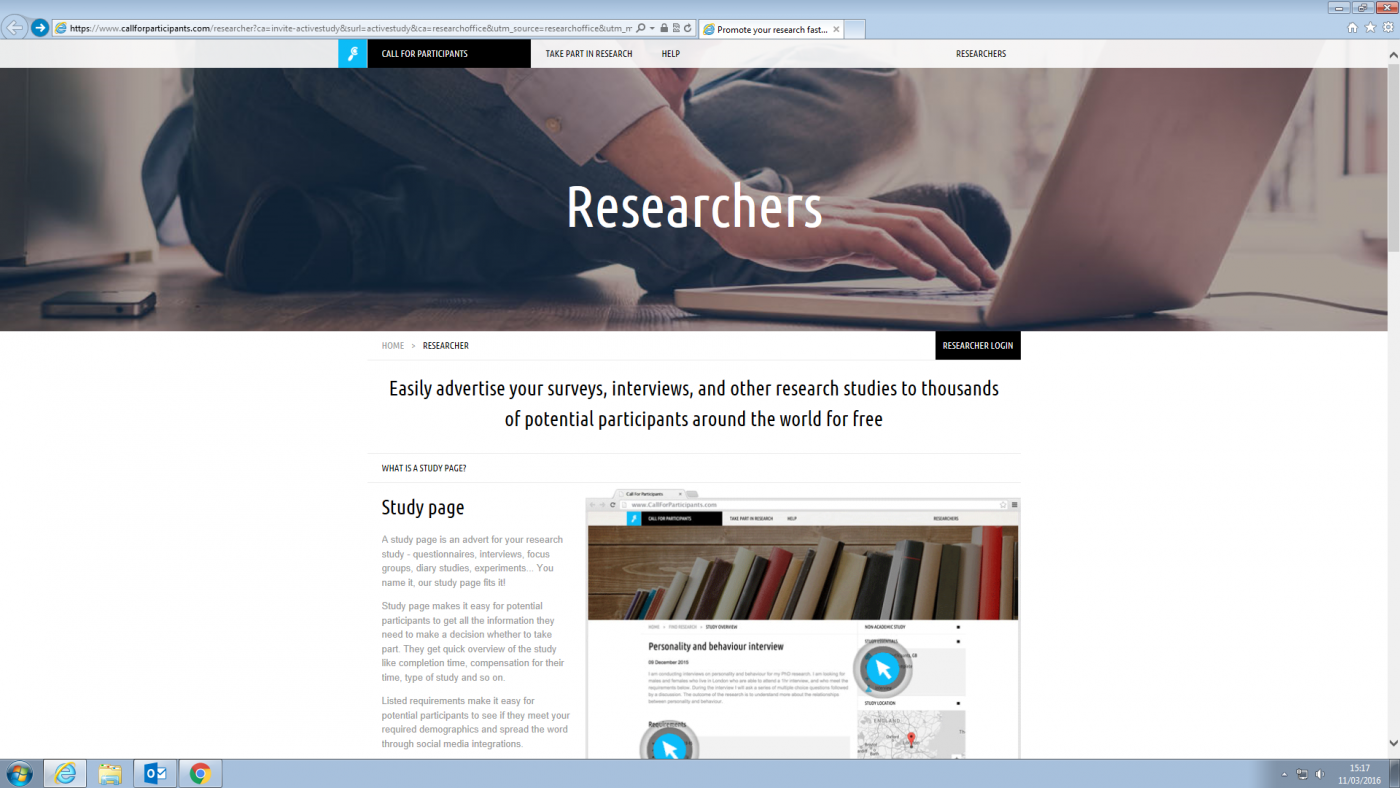BU authors can now publish open access in 900+ SAGE subscription journals at no extra cost!
The UK Jisc Agreement, open to all UK institutions who are members of the consortium, will run between 2020 and 2022 and includes back dating to the 1st January.
Corresponding authors publishing an article in 900+ subscription journals in the current SAGE Premier package, as well as in the IMechE Journal Collection and the Royal Society of Medicine Collection can now publish open access, free of charge. Eligible journals are those which offer hybrid open access publishing (SAGE Choice).
Please check with Open Access if you are unsure whether your journal is included.
Authors in subscription journals do not need to take any action to benefit from this offer – SAGE will contact all eligible authors to inform them of the Open Access agreement with Jisc and to invite them to the SAGE Open Access Portal to take up the offer as soon as their accepted article has been received into SAGE’s Production department.
Gold open access journals: Corresponding authors publishing an article in a gold open access journal are entitled to a 20% discount on the prevailing article processing charge (APC). This is available on 150+ pure Gold journals a list of which are available here.
Where an author is eligible for more than one discount, discounts cannot be combined but the highest discount available to the author will be automatically applied to the APC due.
Further information on the agreement and gold open access journals can be found here.
If you have any further queries, please email Open Access.















 REF Code of Practice consultation is open!
REF Code of Practice consultation is open! BU Leads AI-Driven Work Package in EU Horizon SUSHEAS Project
BU Leads AI-Driven Work Package in EU Horizon SUSHEAS Project Evidence Synthesis Centre open at Kathmandu University
Evidence Synthesis Centre open at Kathmandu University Expand Your Impact: Collaboration and Networking Workshops for Researchers
Expand Your Impact: Collaboration and Networking Workshops for Researchers ECR Funding Open Call: Research Culture & Community Grant – Apply now
ECR Funding Open Call: Research Culture & Community Grant – Apply now ECR Funding Open Call: Research Culture & Community Grant – Application Deadline Friday 12 December
ECR Funding Open Call: Research Culture & Community Grant – Application Deadline Friday 12 December MSCA Postdoctoral Fellowships 2025 Call
MSCA Postdoctoral Fellowships 2025 Call ERC Advanced Grant 2025 Webinar
ERC Advanced Grant 2025 Webinar Update on UKRO services
Update on UKRO services European research project exploring use of ‘virtual twins’ to better manage metabolic associated fatty liver disease
European research project exploring use of ‘virtual twins’ to better manage metabolic associated fatty liver disease